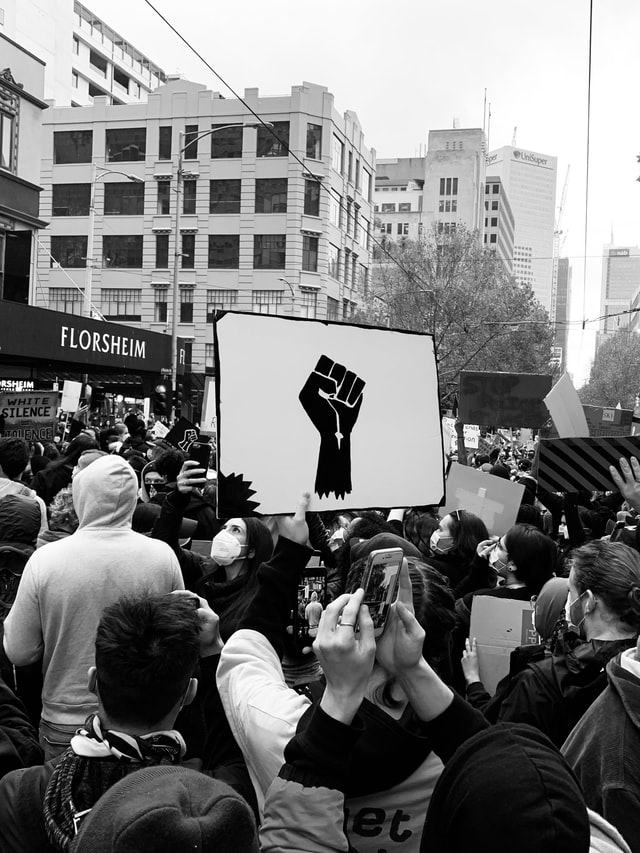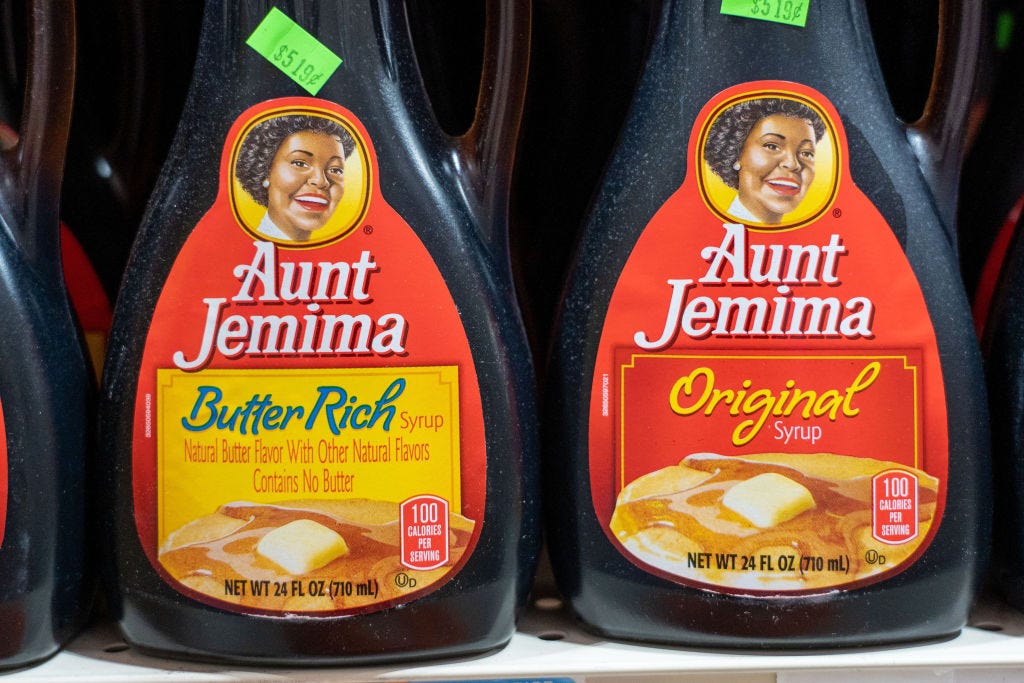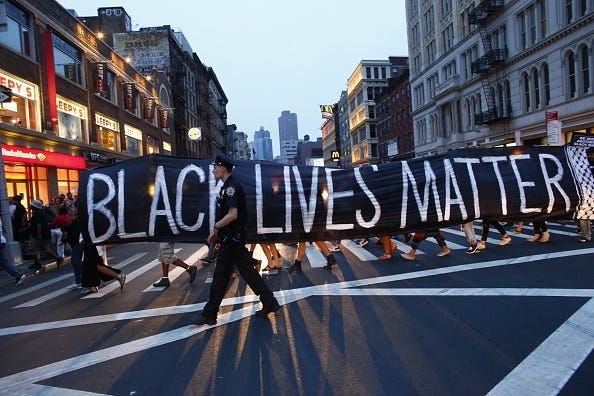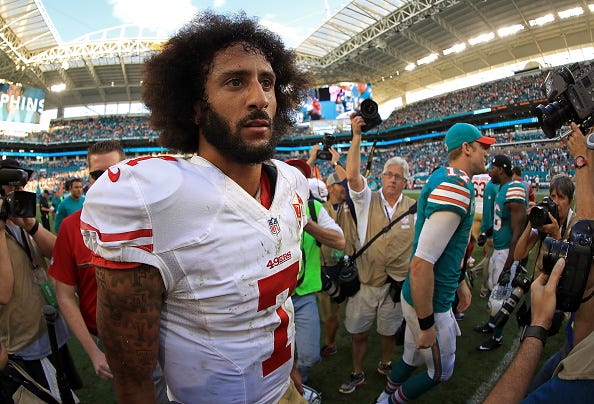The race for justice: will we see meaningful change after Black Lives Matter protests?

Photo by Kon Karampelas on Unsplash
All the activity — and angst — over racial injustice needs to be put in context. Nearly a month after the death in Minneapolis of George Floyd, an unarmed black man, at the hands of a white police officer, protest marches are starting to peter out. But calls for broad structural change are growing louder, in the United States, Britain and continental Europe.
The results are startling as massive commercial entities and state institutions scramble to exhibit solidarity with the Black Lives Matter movement.

Major American brands — Aunt Jemima, Uncle Ben’s, Mrs Butterworth’s, Cream of Wheat — are trying to “evolve” from the racial stereotypes they used in packaging and branding.
American multinational Colgate-Palmolive extended its reappraisal to a popular Asian brand of toothpaste. Darlie, which translates as “ black people’s toothpaste “, was originally called Darkie.
Prominent British firms — Lloyds, the insurer; Greene King, the brewer — are promising to recruit more black, Asian and other minorities and fund charities working on diversity.
Stately institutions — the Bank of England and the Church of England — have vowed to make amends for their role in the slave trade.
Statues that symbolise the racialised old order are tumbling in the US, Britain and in parts of Europe.
They include slave trader Edward Colston in Bristol; King Leopold II, who personally owned the Congo, in Ghent; Jefferson Davis, president of America’s slave-holding Confederate States, in Richmond, Virginia.

Oriel College, Oxford voted to take down a statue of the imperialist Cecil Rhodes.
There have been other less eye-popping but significant developments too. In Washington, D.C., portraits honouring four former speakers of the US House of Representatives were removed on 18 June after the current Speaker Nancy Pelosi declared they embody “violent bigotry and grotesque racism”. One of the men, James Orr, who served as speaker from 1857–59, swore on the House floor to “preserve and perpetuate” slavery.
In Britain, the curator of parliament’s art collection admitted the “racist history” of many artefacts that adorn the Palace of Westminster’s plinths and corridors.
America’s last Sambo’s restaurant, once part of a chain that unapologetically used a 19th century racial slur for its name, said it would change.
Former National Football League quarterback Colin Kaepernick, who was punished for his four-year-old “ take a knee” gesture of protest against racial injustice, joined the board of the popular blog hosting site Medium.

Calls for change are being heard in diverse sectors — education, the workplace, investment and finance, policing, health, entertainment and even broadband access.
Does any of this constitute meaningful change? Are we really seeing a world reborn, cleansed of the taint of racism?
If so, what might the future look like for a little black child in Britain or the US?
Kwame Narh-Saam, a UK-based Ghanian emerging markets equities sales-trader at JPMorgan Chase, recently offered a moving and honest answer in a searing piece for the Financial Times.
He described the systemic racism he felt on the trading floor. “I was told,” he wrote, “to ‘tone down’ my ‘aggression’…while my white counterparts could be similarly assertive without admonition”. And he tried to imagine the prospects for his four-year-old son. He’s mixed-race and so is “likely to be viewed by the world as black”, Narh-Saam wrote, and “having to explain the concept of racism to him, fearing that he would encounter it very soon, was probably the toughest, saddest thing I’ve had to do as a parent.”
The way forward, he suggested, needs both institutional and individual acknowledgement of unconscious bias.
First, listen to the experiences of black people and acknowledge that bias exists; second, look inward and understand why it exists; and finally, begin the difficult task of mitigating its harmful effects.
Kwame Narh-Saam, a UK-based Ghanian emerging markets equities sales-trader at JPMorgan Chase
Perhaps that really is the best way forward. Be the change you want to see.
And hope for the best.
Originally published at https://www.thefocus.news

